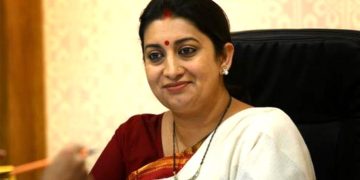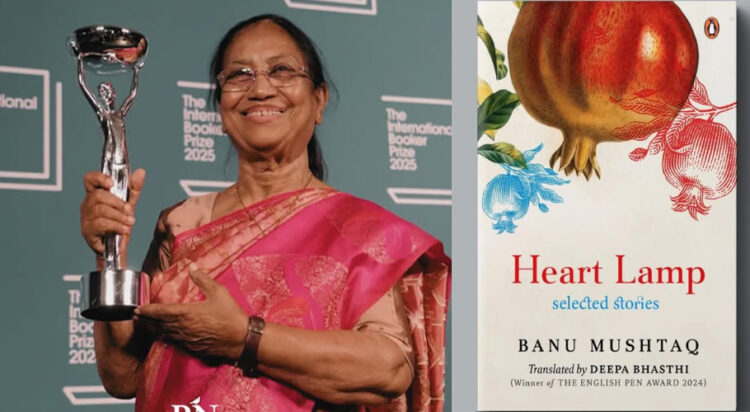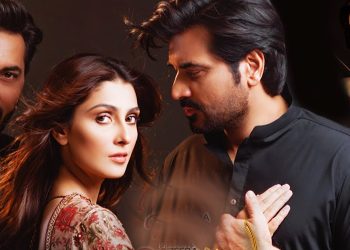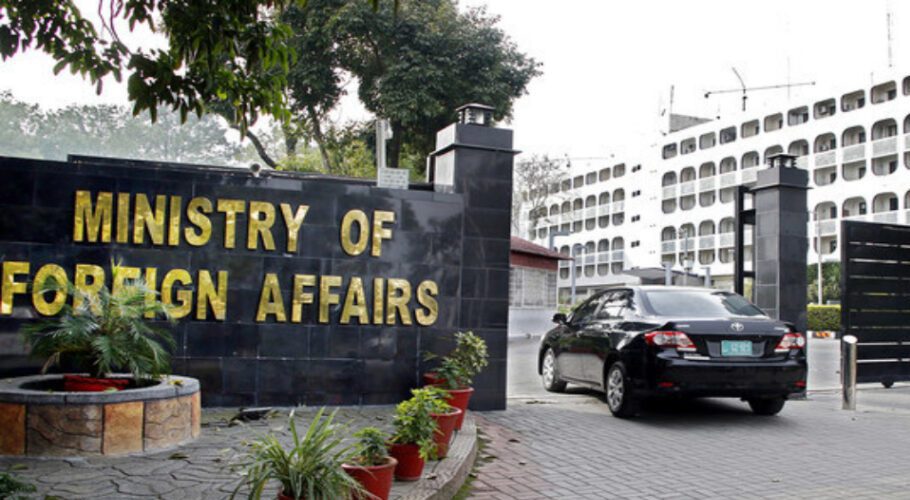Heart Lamp, by Banu Mushtaq and translated by Deepa Bhasthi, has won this year’s International Booker Prize for translated fiction, marking the first time a short story collection has received this honor. The stories were originally written in Kannada, the official language of Karnataka, a state in southern India.
The author, along with the prize’s chair of judges Max Porter, described the collection as “something genuinely new for English readers: a radical translation” featuring “beautiful, busy, life-affirming stories.” Heart Lamp contains 12 stories that explore the lives of women living in patriarchal societies in southern India.
These stories were selected and translated by Deepa Bhasthi, who is the first Indian translator to win the award. Bhasthi chose the stories from approximately 50 across six collections penned by Mushtaq over a 30-year span.
View this post on Instagram
The £50,000 prize, split evenly between the author and translator, was awarded at a ceremony held at the Tate Modern in London on Tuesday evening. During the event, a video of actress Ambika Mod reading excerpts from the winning book was also presented.
What is Heart Lamp about?
Heart Lamp: Selected Stories by Banu Mushtaq is a compilation of twelve short stories originally written in Kannada between 1990 and 2023, translated into English by Deepa Bhasthi. The collection centers on the experiences of Muslim women and girls in southern India, particularly Karnataka, vividly portraying their daily challenges, strength, and subtle acts of resistance against patriarchal, religious, and societal oppression.
View this post on Instagram
Mushtaq, a lawyer, activist, and writer associated with the progressive Bandaya Sahitya movement, brings a nuanced perspective to her work, addressing the intersections of caste, class, and gender. Drawing on her own life, she creates characters who feel both intimately personal and broadly relatable.
Winner of the 2025 International Booker Prize, the collection is praised for its sharp wit, conversational tone, dry humor, and candid examination of systemic injustices, establishing it as a notable contribution to Indian regional literature and feminist narratives.
















![Missiles from Iran are pictured over Jerusalem on June 14, 2025 [Menahem Kahana / AFP]](https://mmnews.tv/wp-content/uploads/2025/06/Iranian-missels-raining-down-on-Israel-350x250.jpg)















